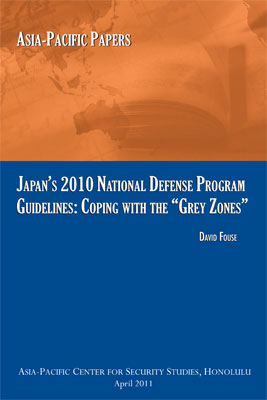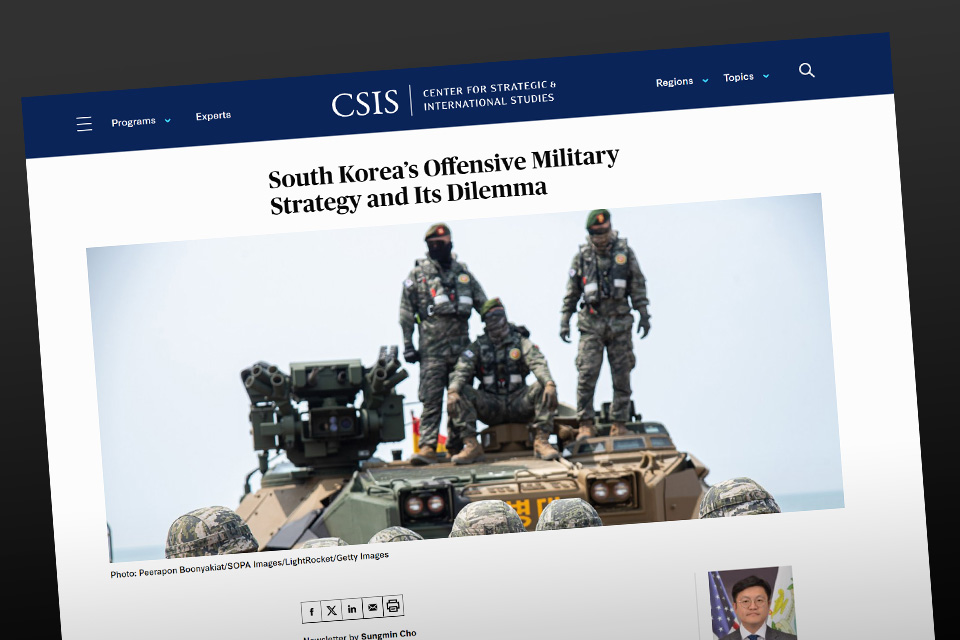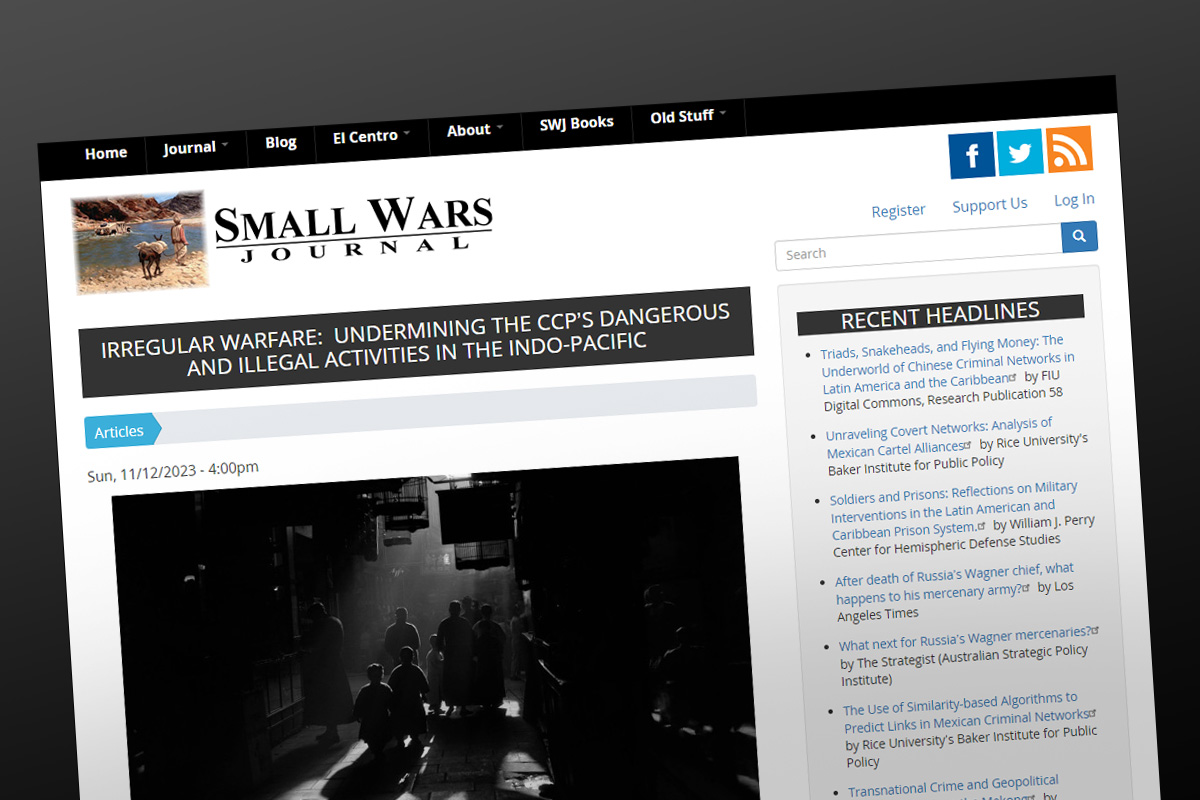 “Japan’s 2010 National Defense Program Guidelines: Coping with the “Grey Zones” is the latest paper written by Dr. David Fouse at the Asia-Pacific Center for Security Studies.
“Japan’s 2010 National Defense Program Guidelines: Coping with the “Grey Zones” is the latest paper written by Dr. David Fouse at the Asia-Pacific Center for Security Studies.
In this publication Dr. Fouse states that “Japan has placed new emphasis on developing its own capability to deter China in the ‘gray zones’ of disputed territories and waters near its southern island chain.”
“Consensus across the Japanese security community on this new strategic outlook has lead to the abandonment of the Basic Defense Force concept and the adoption of a ‘Dynamic Defense Force’ concept as the underlying logic driving Japan’s defense policy”
How they will implement this new concept and the ideological difference that continue to play out within the media are also discussed in this publication.
You can find “Japan’s 2010 National Defense Program Guidelines: Coping with the “Grey Zones” online at: (https://dkiapcss.edu/wp-content/uploads/2011/05/Fouse-Japan-Final.pdf)
Dr. Fouse also recently published “Japan Unlikely to Redirect Defense Policy” in the PacNet newsletter produced by Pacific Forum CSIS.
Excerpt: “The tripartite earthquake, tsunami, nuclear disaster in Japan has security analysts scrambling to determine the repercussions of these tragic events for the region and world. Some have suggested that the disaster could cause Japan to redirect defense policy away from the priorities adopted in the 2010 National Defense Program Guidelines (NDPG), moving Japan further from the preferences of US defense planners toward a more inward-looking focus on humanitarian assistance and disaster relief operations. While recovery and reconstruction will preoccupy the Japanese government for the immediate future, it is unlikely that a major reversal in Japanese defense policy will result from these tragic events.”
You can read this newsletter online at: http://csis.org/publication/pacnet-26-japan-unlikely-redirect-defense-policy.
David Fouse [foused@apcss.org] is a professor of regional studies at the Asia-Pacific Center for Pacific Studies, where he focuses on Northeast Asian security issues with a special concentration on Japan.
-END-
The views expressed in this article are those of the author and do not necessarily reflect the official policy or position of the Asia-Pacific Center for Security Studies, the US Pacific Command, the US Department of Defense, or the US government.









Leave A Comment